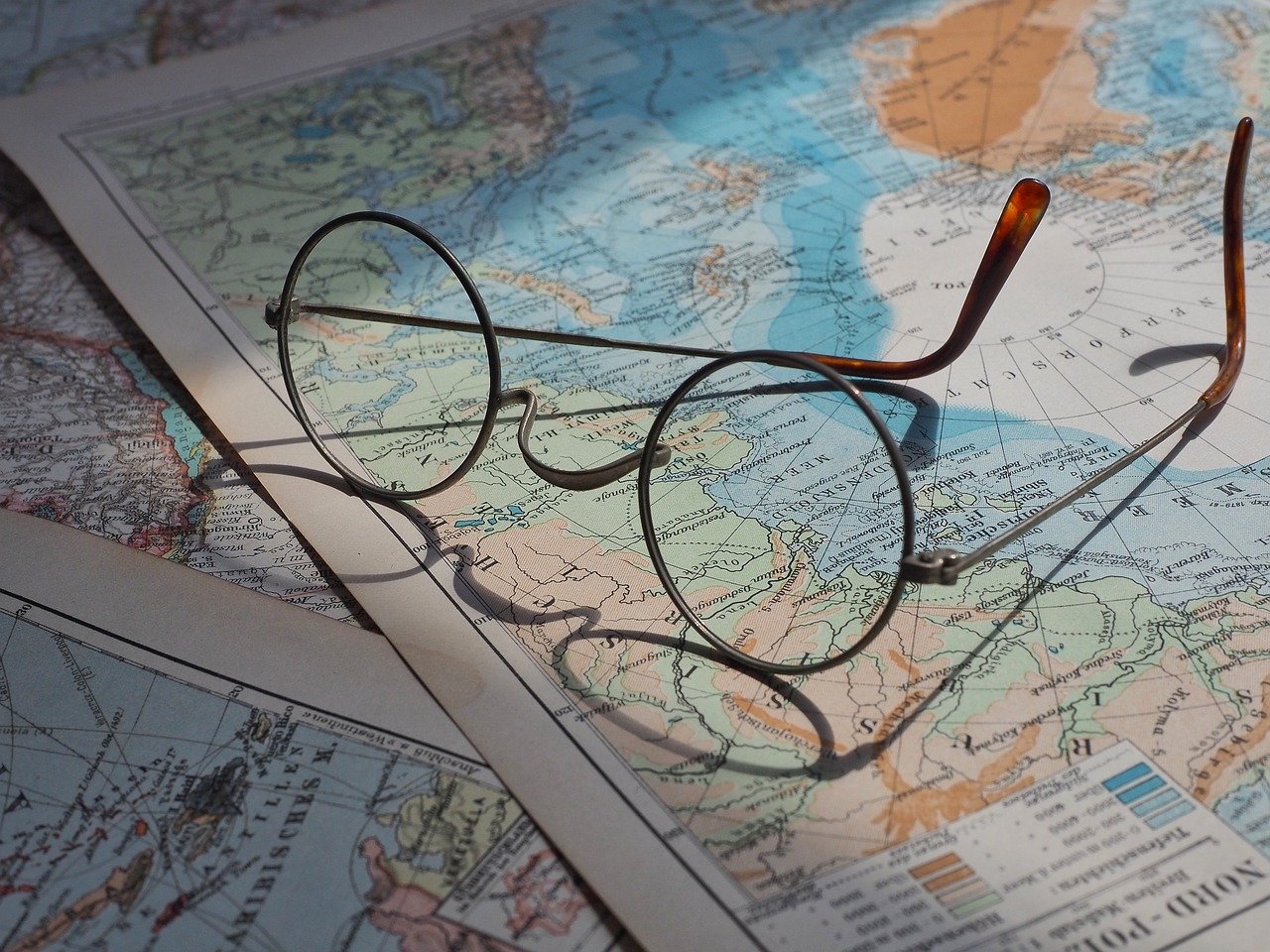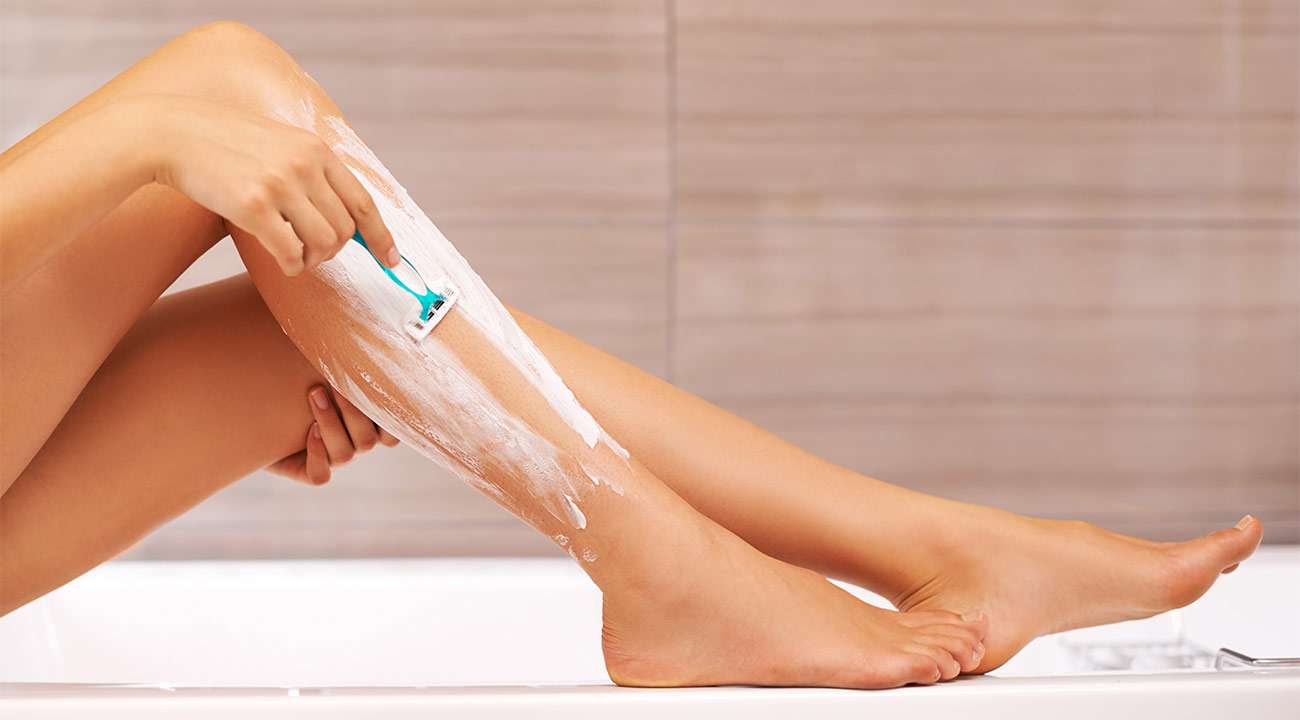I’m sure you’ve heard of anti-blue light glasses, right?
Many people because of the need to work for a long time with cell phones, computers, specifically with anti-blue light glasses; many parents heard that this kind of glasses can prevent myopia, have prepared a pair of children. Gradually, anti-blue light glasses become “eye protection magic weapon”.
But is it really so divine? What is blue light? Why do we need to protect against it? Can anti-blue light glasses really prevent myopia? Next look carefully.
What is blue light? How does it affect the eyes?
The natural light we often refer to as sunlight is made up of 7 different colors of light: red, orange, yellow, green, blue, indigo, and violet, of which “blue” is what we call blue light, and its wavelength ranges from 380nm to 500nm.
Blue light has both favorable and unfavorable effects on the eyes:
Long-wave blue light with a wavelength range of 440nm-500nm is favorable.
It can reach the optic nerve through the retina and pass to the hypothalamus to synthesize melatonin and serotonin, which can play a role in helping sleep, improving mood and memory.
Short-wave blue light with wavelength range between 380nm-440nm is harmful.
It will reduce the quality of sleep, and even cause light damage to the retina.
In addition to sunlight, lights, electronic screen light, these light sources have blue light distribution. At present, all qualified factory regular lamps and lanterns, the energy of its blue light is within the safety range, so the daily use of lamps and lanterns issued by the blue light, the impact on the eyes of normal people is negligible.
The proportion of short-wave blue light in the screen light is higher than that in sunlight, but the total energy is far less than that of sunlight, qualified factory electronic products, the same is not enough to cause damage to the retina.
Currently, relevant experiments can confirm that large doses and long periods of continuous blue light exposure can lead to apoptosis of retinal photoreceptor cells. However, due to the low energy of blue light distributed by screen light, and most people use electronic screens within a reasonable range of time, there has not yet been a case of direct damage to the retina of the human eye by screen blue light.
How do anti-blue light glasses work?
Anti-blue light glasses look as if they are affixed with a yellow film to the naked eye. Through a layer of coating on the surface of the lens, short-wave blue light is reflected; or an anti-blue light factor is added to the base material of the lens, thus absorbing the blue light.
According to the standard of “Technical Requirements for Light Health and Light Safety Applications of Blue Light Protective Films”, the light transmission ratio of long-wave blue light should be greater than 80%, which means that long-wave blue light, a kind of beneficial blue light, does not need to be prevented; what the anti-blue light glasses really need to reflect and absorb is the harmful blue light, that is, short-wave blue light.
However, the quality of the anti-blue light glasses lenses on the market is mixed, some unqualified anti-blue light glasses, although it can achieve the effect of anti-short-wave blue light, but at the same time, it also blocks the long-wave blue light; therefore, in the choice of anti-blue light glasses, must pay attention to its long-wave blue light light transmittance ratio.
Can anti-blue light glasses prevent myopia from deepening?
There is no direct evidence that anti-blue light glasses can prevent myopia from worsening.
We often say that prolonged viewing of computers, TV and cell phones will cause vision loss, because prolonged viewing of close objects will produce changes in the refractive system or eye axis, thus affecting vision.
Therefore, it is not necessary to wear anti-blue light glasses for children and teenagers who wish to slow down the rate of myopia deepening by wearing anti-blue light glasses.
While blue light has little to do with myopia, it does have a significant effect on dry eye sufferers.In 2016, Japanese dry eye specialist Minako Kaido confirmed that for dry eye sufferers, reducing short-wave blue light exposure to the eye can effectively improve dry eye symptoms. That’s why people who need to face screen work for a long time will feel comfortable when wearing anti-blue light glasses.
These people are recommended to wear
① Suitable for screen workers with dry eye symptoms: Since blocking short-wave blue light can improve the tear film stability of dry eye patients, anti-blue light glasses can reduce the visual fatigue of screen workers.
② Suitable for people with existing macular degeneration: short-wave blue light for people with existing fundus lesions will be more penetrating than normal, wearing anti-blue light glasses may have a certain effect.
③ Suitable for people engaged in special jobs, such as glass-burning and welding workers: this group of people may be exposed to large doses of blue light, so they need more specialized protective eyewear to protect the retina.
These people are not suitable to wear
① Not suitable for children and teenagers who want to prevent and control myopia: there is no report proving that wearing anti-blue light glasses can slow down the development of myopia, and the base color of anti-blue light glasses is yellowish, which may affect children’s visual development.
② Not suitable for people who have requirements for color recognition: blue-light glasses will block blue light, exposing the blue complementary color yellow, and the color of the screen will be distorted, so it may have some impact on the work of such people.
Different wavelengths of blue light affect the eyes differently.
What we need to protect against is short-wave blue light.
Anti-blue light glasses can’t prevent myopia.
But they can improve dry eye symptoms.
Also not everyone is suitable to wear.




